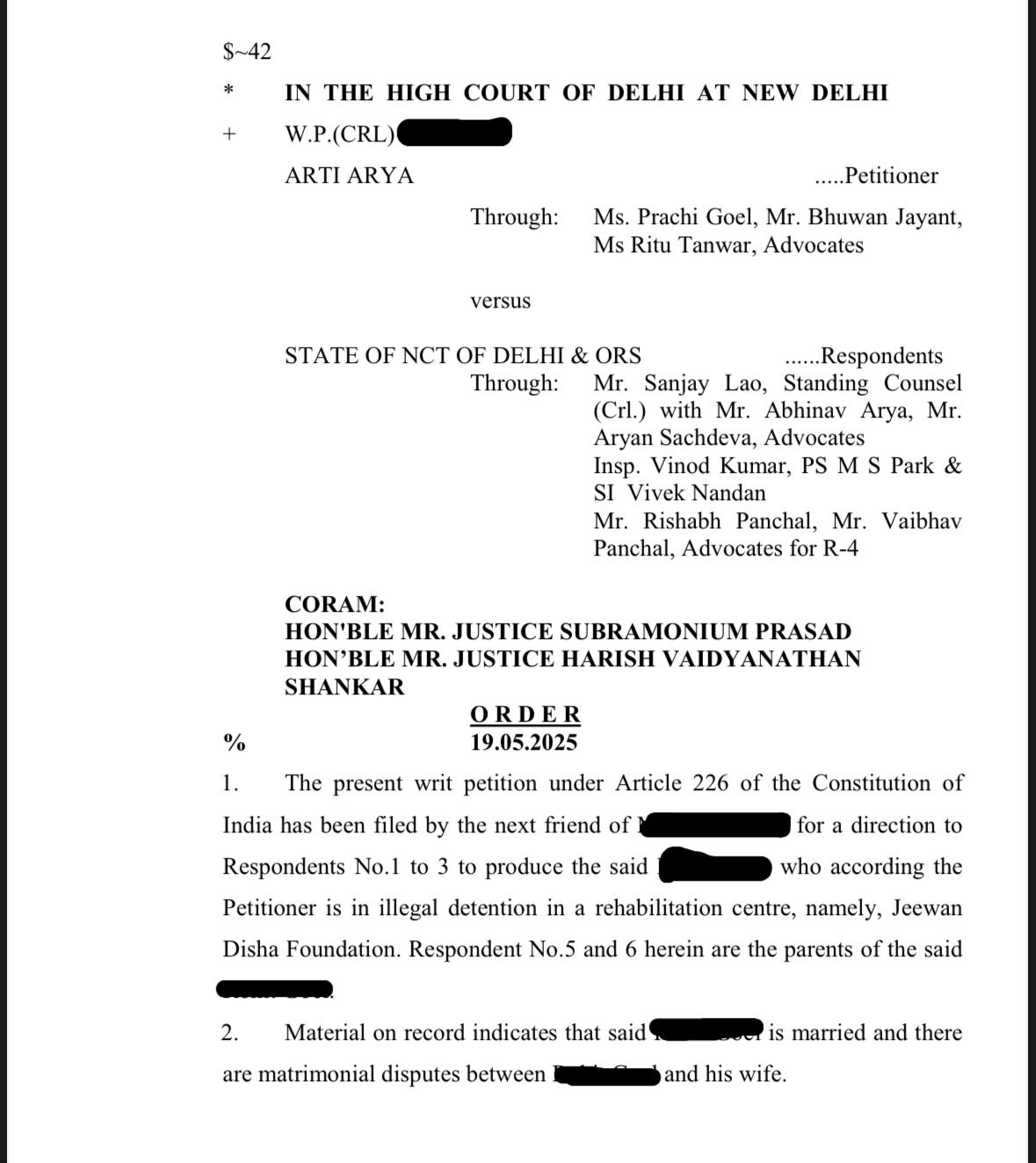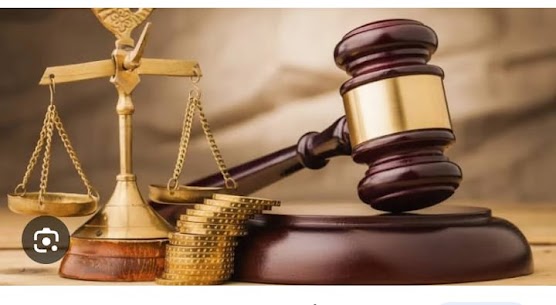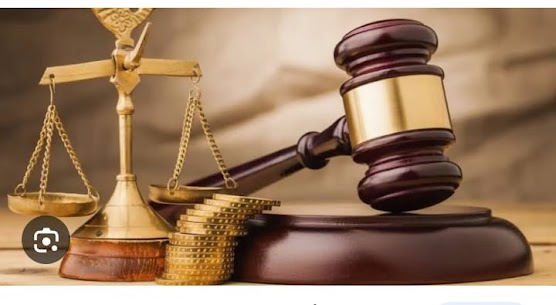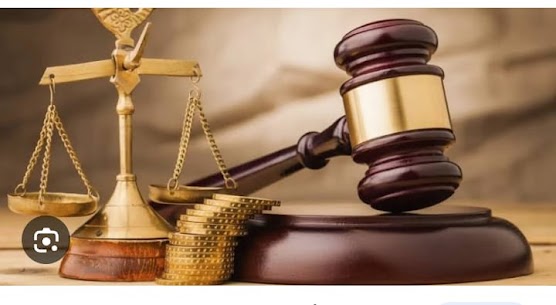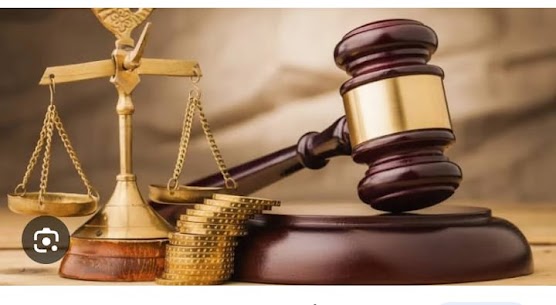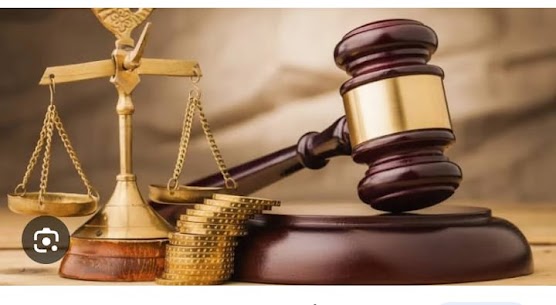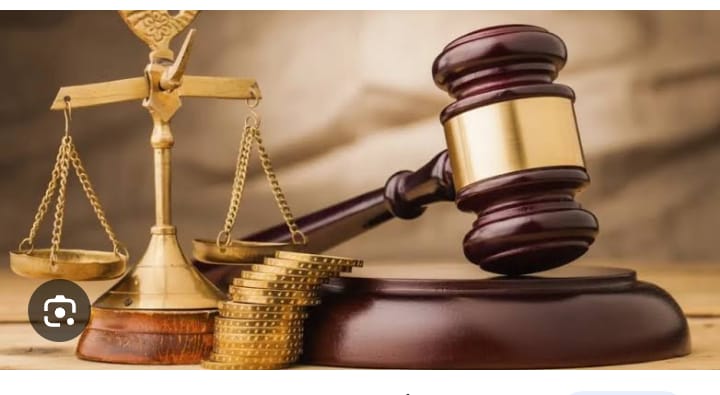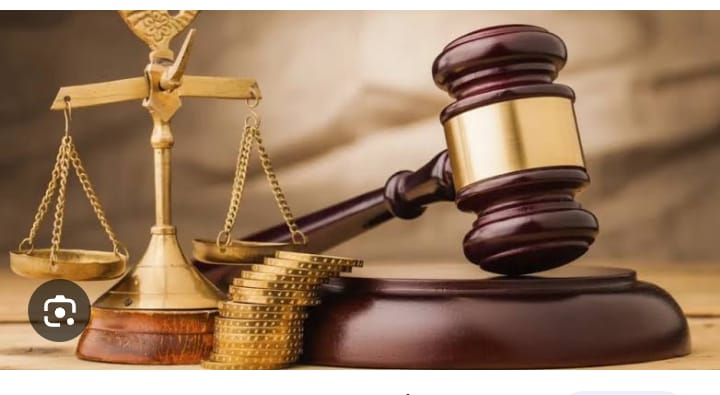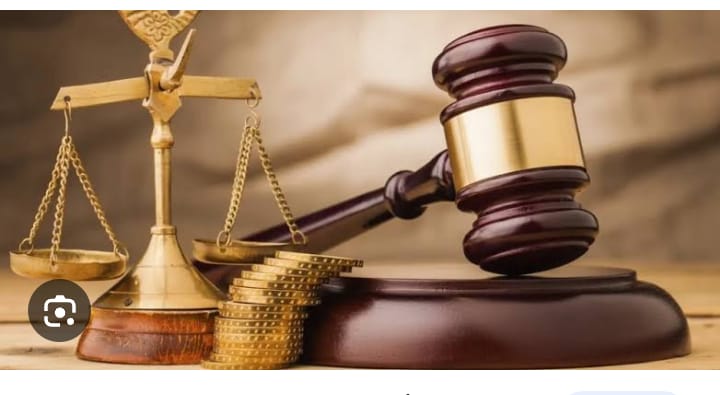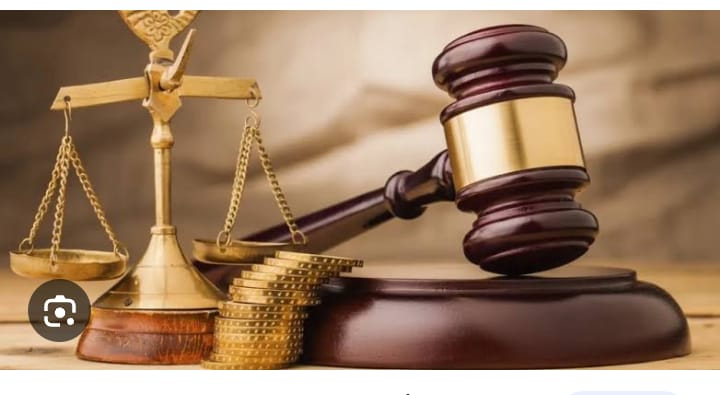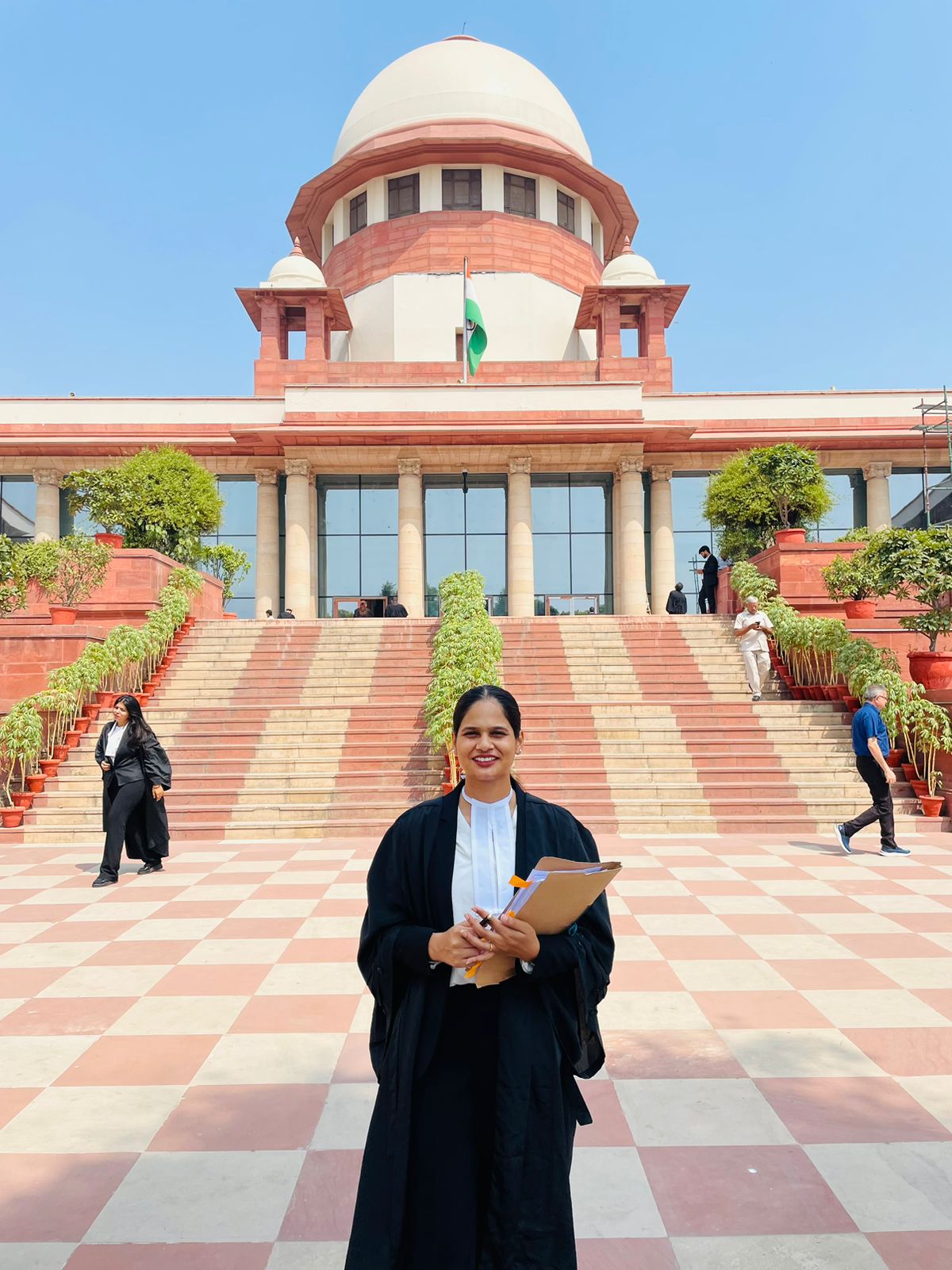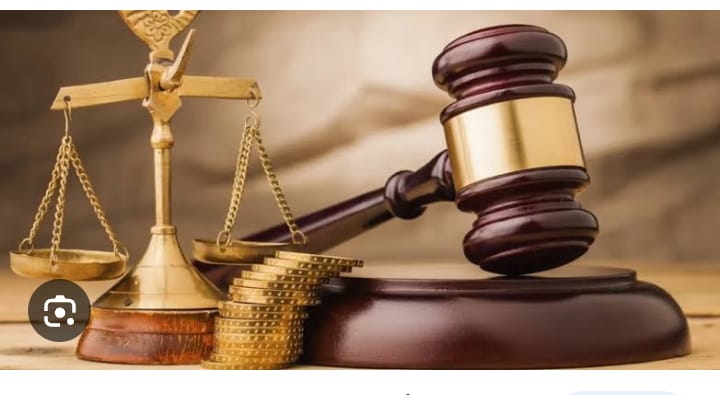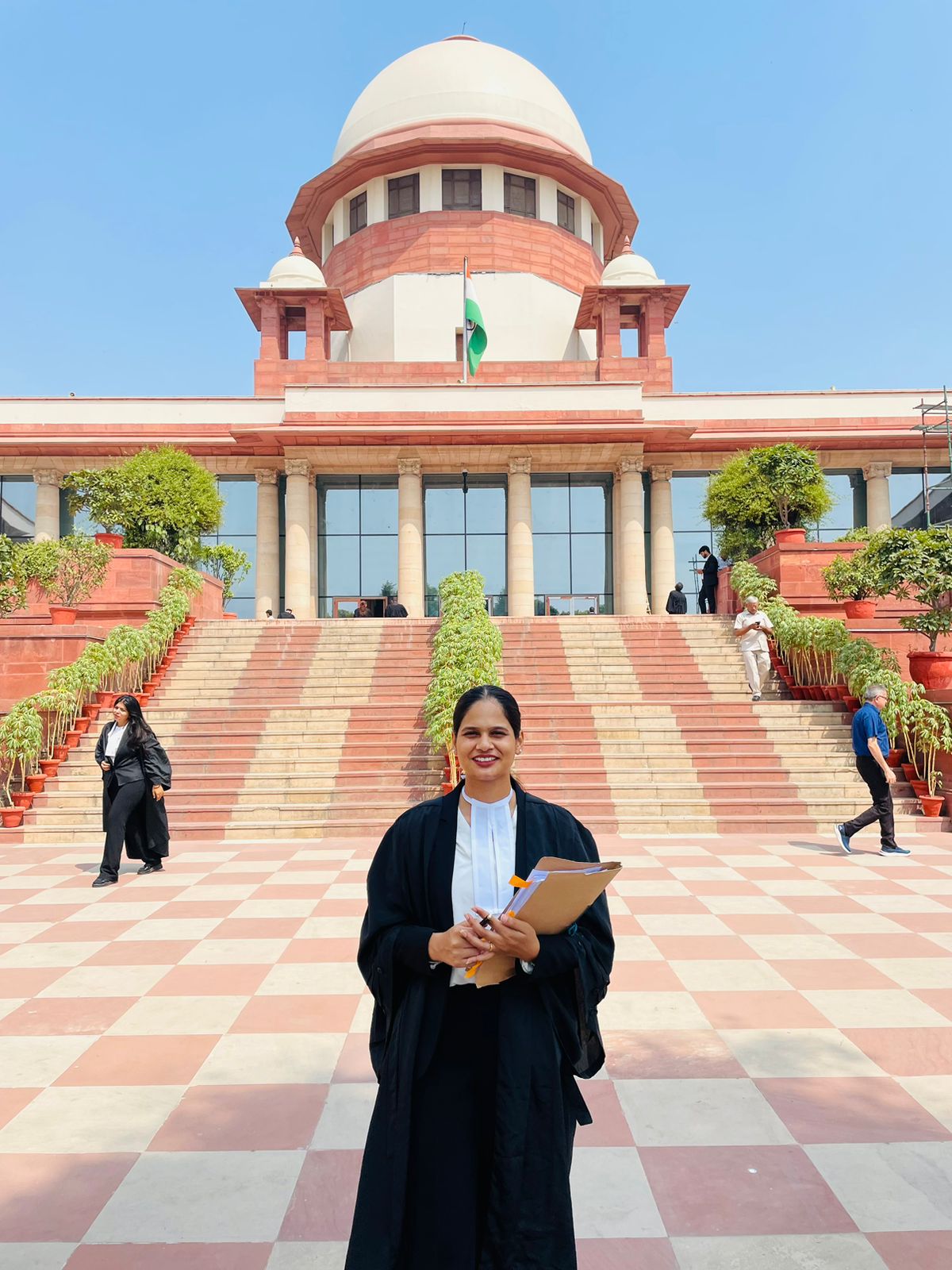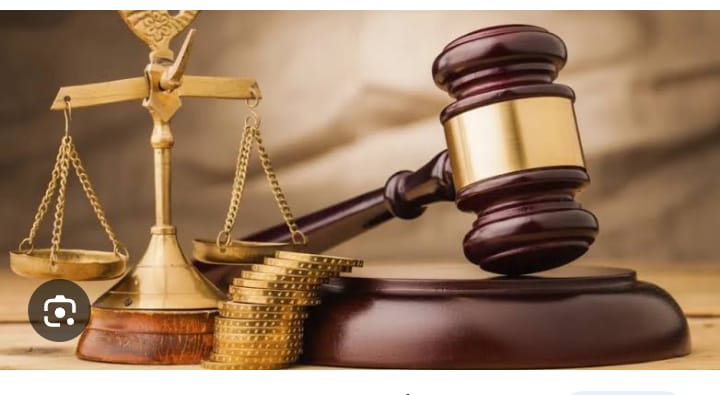In a legal victory, I recently succeeded in securing the release of an adult male who had been illegally detained in a rehabilitation center in Delhi for more than four months against his will and without any lawful authority. The release was granted...
Matrimonial Disputes in India: Legal Landscape and Remedies
In India, matrimonial disputes are a significant area of concern within family law, encompassing issues such as divorce, maintenance, child custody, domestic violence, and property divisi...
Divorce Mediation: A Constructive Path to Resolution
Divorce can be one of the most emotionally and financially draining experiences in life. However, not every divorce needs to be a courtroom battle. Divorce mediation offers a peaceful,...
In India, a cheque bounce is not just a financial inconvenience—it's a legal offense under the Negotiable Instruments Act, 1881. With an increase in cheque-based transactions, understanding the law governing dishonoured cheques is cruc...
Matrimonial disputes are one of the most challenging and emotionally draining legal issues many people face. Whether they arise from misunderstandings, incompatibility, or more serious issues like infidelity, financial problems, or abuse, these dispu...
Divorce in India is governed by personal laws based on religion, along with certain secular laws. It is a legal process to end a marriage, and the procedures and grounds for divorce can differ significantly depending on the community to which the par...
Marriage is considered a sacred bond in Indian society, but when the union becomes untenable, the law provides a legal pathway for separation — divorce. India's legal system recognizes the complexities of personal relationships and off...
Criminal Laws in India: An Overview of Key Legislations and Procedures
Introduction
Criminal law in India serves as a crucial mechanism to maintain public order and protect society from unlawful activities. It defines offenses, prescribes punis...
India has a comprehensive legal system based on its Constitution, which is the supreme law of the land. The legal system is influenced by British common law, traditional customs, and modern statutory laws. Here are the key categories of laws in ...
Matrimonial disputes in India encompass a wide range of legal issues, including divorce, maintenance, child custody, domestic violence, and property division. The legal framework governing matrimonial disputes is a combination of personal laws based ...
Understanding Matrimonial Disputes: Causes, Legal Remedies, and Resolution Strategies
Matrimonial disputes are conflicts that arise between spouses due to differences in opinions, values, expectations, or circumstances. These disputes can have sig...
Section 354 IPC: Assault or Criminal Force to Outrage the Modesty of a Woman
Section 345 of the IPC indicates women's power. If a woman is harassed or abused physically. This section is made to make the women independent and speaks about their...
Divorce, the legal dissolution of a marriage, is a significant life event that can be emotionally and legally challenging. In this article, we explore the types of divorce cases, the legal framework governing divorce in India, the procedures involved...
Bail Laws: What Every Client Should Know
What is bail in simple words? Freedom with boundaries. The bail gives the person a free move but also comes with certain terms to follow. One accused needs to follow the terms for their security. While gett...
When a court grants bail, it allows a defendant in a criminal case to be temporarily released from custody while awaiting trial or other proceedings. The court imposes conditions to ensure the defendant's return to court. Here’s an ove...
What's the Difference Between Bailable and Non-Bailable Crimes?
Bail gets the power to move freely on the roads and the non-bailable offence means you need to pay attention to every detail of the case. This bailable and non-bailable offence de...
Divorce Cases: Legal Framework and Key Considerations
Divorce, the legal dissolution of a marriage, is a significant decision that impacts both spouses and their families. In India, divorce proceedings are governed by various personal laws based o...

